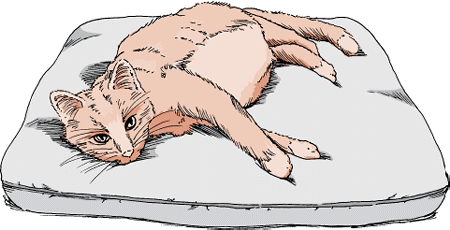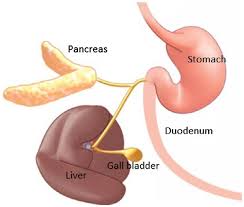Elevated liver enzymes in cats are indicative of potential underlying health issues that necessitate attention. Recognizing the causes, symptoms, and available treatments for this condition is crucial in safeguarding the liver health of our feline companions.
Understanding Elevated Liver Enzymes in Cats
Elevated liver enzymes in cats refer to higher-than-normal levels of liver-specific proteins detected in blood tests. These enzymes include ALT (alanine aminotransferase), AST (aspartate aminotransferase), and ALP (alkaline phosphatase). Elevated levels of these enzymes signal potential liver damage or disease in cats.
Causes of Elevated Liver Enzymes in Cats
- Hepatic Disease: Liver conditions such as hepatitis, cholangitis, or lipidosis can cause elevated liver enzymes in cats.
- Infections: Viral or bacterial infections affecting the liver can lead to elevated enzyme levels.
- Toxins: Ingestion of toxins like certain medications, plants, or chemicals can damage the liver, causing enzyme elevation.
- Pancreatitis: Inflammation of the pancreas sometimes affects the liver, elevating enzyme levels.
Symptoms and Diagnosis
Symptoms of elevated liver enzymes in cats can vary, including jaundice, lack of appetite, vomiting, weight loss, increased drinking and urination, and lethargy. Diagnosis involves blood tests to measure enzyme levels, along with imaging tests like ultrasounds to assess liver health.
Treatment Approaches
Treatment for elevated liver enzymes in cats depends on the underlying cause:
- Medication: Addressing infections or administering medications to alleviate liver inflammation or disease.
- Dietary Changes: Prescribing specialized diets to manage liver conditions and support liver function.
- Supportive Care: Providing supportive treatments like intravenous fluids or nutritional support to aid the liver in recovery.
Managing Elevated Liver Enzymes in Cats
- Regular Monitoring: Periodic blood tests to monitor enzyme levels and assess the cat’s response to treatment.
- Preventive Measures: Avoiding exposure to potential toxins, providing a balanced diet, and maintaining a healthy weight.
Recommended:
- Petco Review: The Power of Together
- PetSmart Review: Where Pets Inspire Us
- Hill’s Pet Nutrition Review: Pioneering Pet Health and Nutrition
- Royal Canine Review: Tailored Nutrition for Every Pet
- Chewy Review: Pet Care at Your Doorstep
Conclusion: Prioritizing Feline Liver Health
Elevated liver enzymes in cats serve as indicators of potential liver issues that demand prompt attention and appropriate treatment. Understanding the causes, recognizing symptoms, and providing tailored treatment approaches are pivotal in managing this condition effectively and safeguarding the liver health of our beloved feline companions.
References:
- American Association of Feline Practitioners (AAFP) – “Understanding Elevated Liver Enzymes in Cats.“ AAFP offers insights into the causes and management of elevated liver enzymes in cats.
- Veterinary Information Network (VIN) – “Liver Enzyme Abnormalities in Cats.“ VIN provides detailed information on liver enzyme abnormalities in cats, their causes, and diagnosis.



